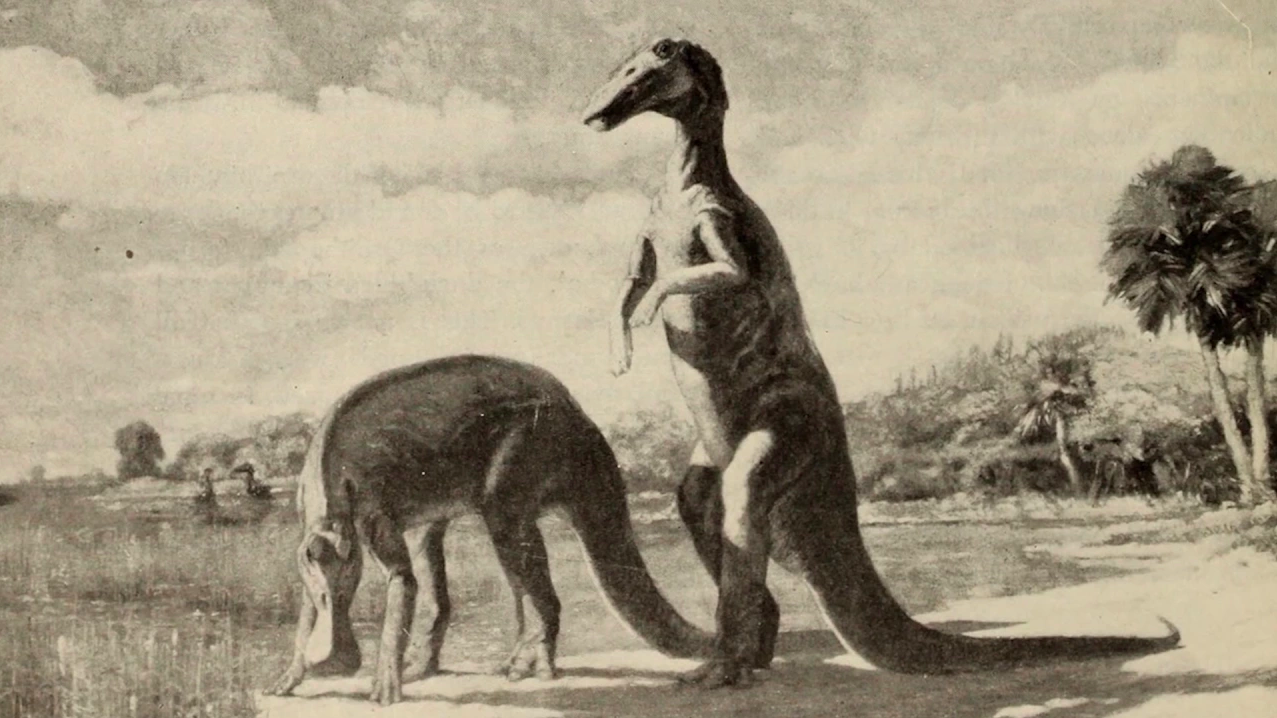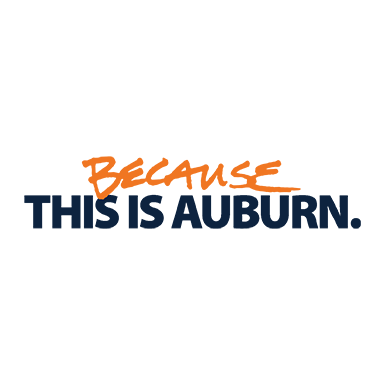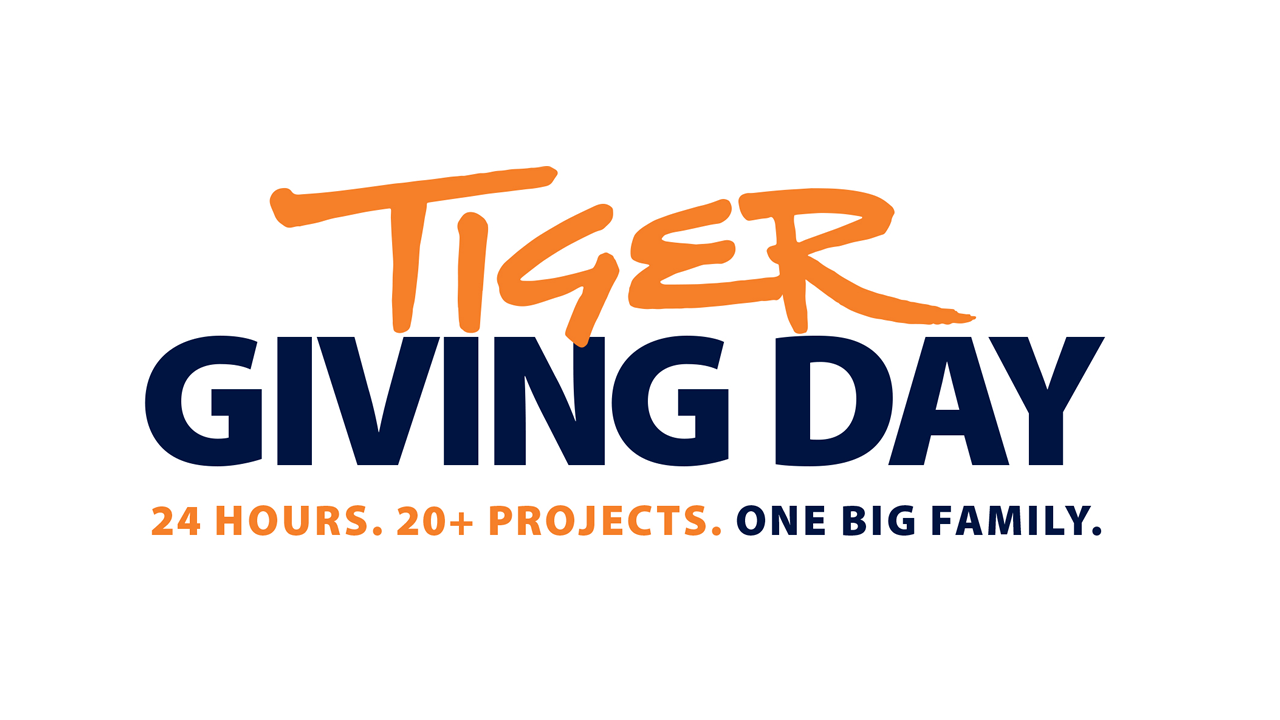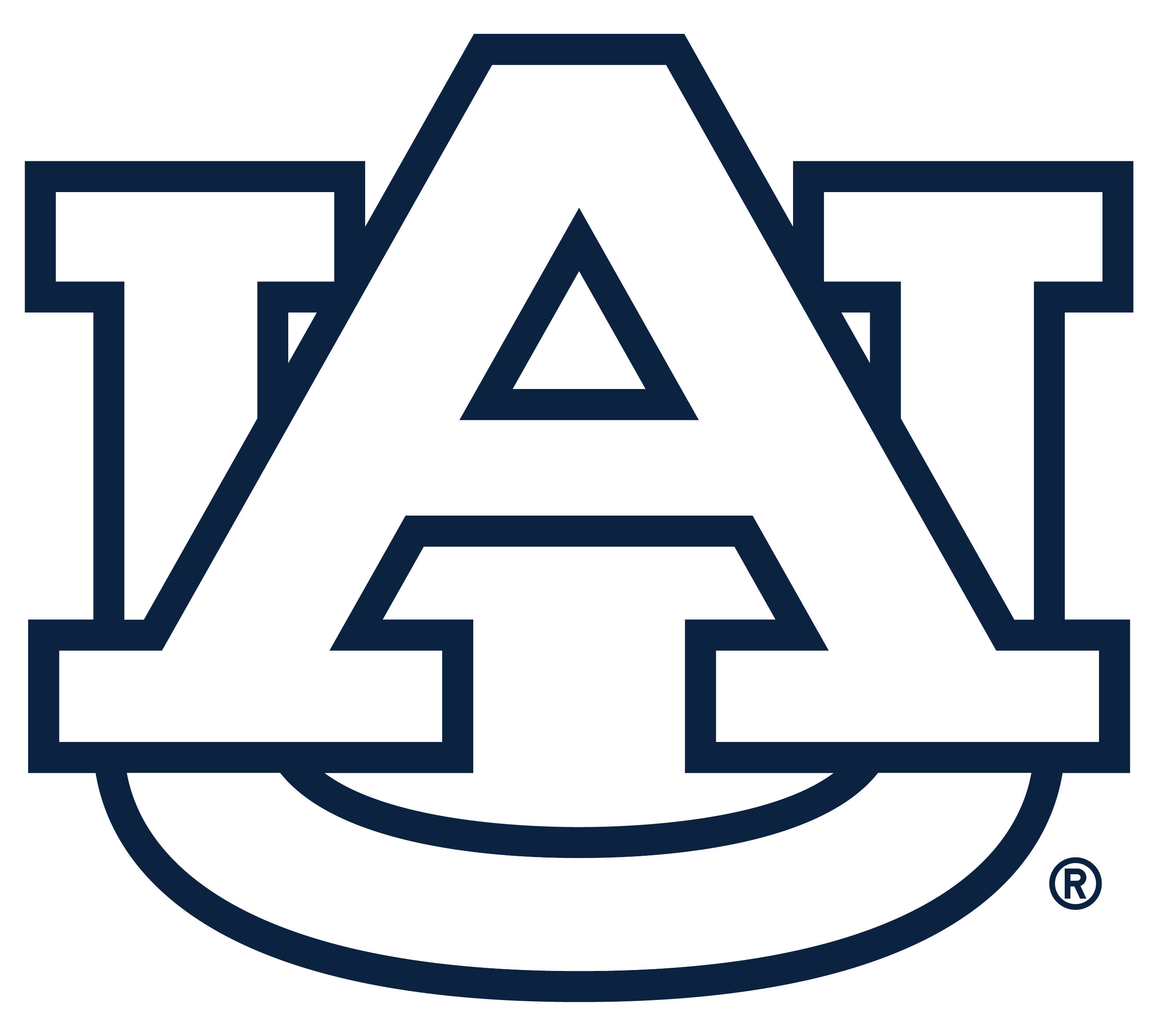Stored in a plain Styrofoam box on Auburn University’s campus lies one of the rarest natural history finds east of the Mississippi River. In the 1970s, teenagers walking near a stream in Dallas County, Alabama, stumbled upon an unusual object. Eventually, it was given to Auburn University. The university knew it was a fossil, but it would take another 25 years before technology could reveal its true identity — it was an egg containing the embryo of a duck-billed dinosaur.
In the eastern United States, it’s the only one of its kind that has been found.
“Over the years, the Auburn dinosaur egg has traveled to a lot of places, but on campus, it has spent almost all of its time stored in a box,” says Nicholas Giordano, Auburn University’s dean of the College of Sciences and Mathematics. “We have never been able to display it in a way for the students and public to learn from it.”
On Feb. 21, it has a chance to get off the shelf.
On that date, the dinosaur egg will be one of the crowdfunding projects featured on www.TigerGiving.org as part of Auburn University’s second Tiger Giving Day. The online effort is a 24-hour giving event that will highlight projects that need funding.
For the dinosaur egg, funds will be raised to build a proper display, complete with a glass enclosure, pedestal, security, and informational video showing CT scans and 3D images of the egg.
“Tiger Giving Day offers a unique opportunity to showcase programs and initiatives that might not be well known but need help,” says Jane DiFolco Parker, Auburn University’s vice president for development and president of the Auburn University Foundation. “On our last Tiger Giving Day, more than 2,100 donors from 38 states and seven countries fully funded 18 projects, several of which not only benefitted the university, but also our community. Their gifts demonstrated the incredible good people can accomplish when they come together.”
In addition to the dinosaur egg, Auburn’s second Tiger Giving Day features a unique array of initiatives, including a project from the Canine Performance Sciences Program, which trains detection dogs for explosive, biological, chemical, and ecological threats.
“They watch out for us, and we watch out for them,” says Pam Haney, manager of the CPS Breeding Program. “To give our puppies the best start in life, we need help to upgrade our maternity suites. Upgrades will allow our animal health professionals to constantly monitor the health of mothers and their babies.”
Tiger Giving Day also will feature Auburn’s wheelchair basketball team. The team formed in 2009 and is a member of the National Wheelchair Basketball Association’s Intercollegiate Division. The team consists of students and community members. Their project focuses on a need for new chairs, wheels, and equipment.
For Auburn University’s Small Satellite Program, Tiger Giving Day represents an opportunity to raise funds for training and research costs. Students in the program have been working hard to build two small satellites, known as CubeSats, that they plan to launch into space.
The full selection of projects will be online at www.TigerGiving.org, with descriptions, goals, real-time progress, videos, photos, and detailed information about the projects and their impact. Each project will have a secure and simple online giving form. The official hashtag for the day is #TigerGivingDay.





